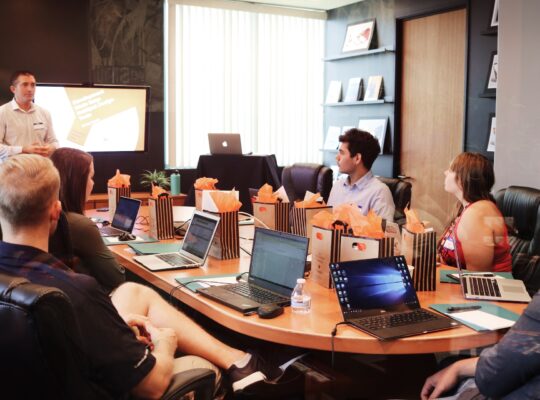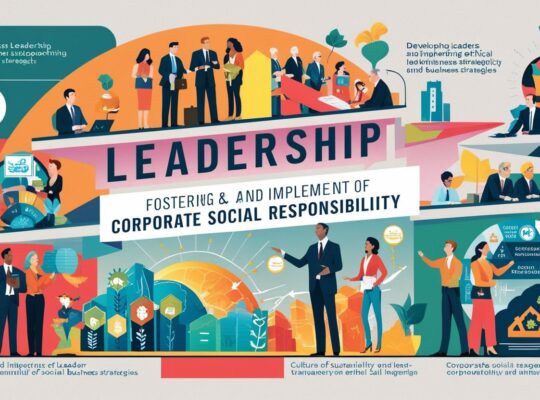Leadership is a crucial aspect of any organization, especially in a dynamic environment where change is constant. Effective leaders must be adaptable, strategic, and able to inspire their teams to achieve their goals. Developing leadership skills requires a combination of theoretical knowledge and practical experience. This article will explore the key aspects of developing leadership skills in a dynamic environment.
Understanding the Importance of Leadership
Leadership is not just about managing people; it is about guiding them towards a common goal. Effective leaders must be able to communicate their vision clearly, motivate their team, and make informed decisions. In a dynamic environment, leaders must be agile and able to pivot their strategies quickly to stay ahead of the competition.
Key Leadership Skills
- Communication: Clear and effective communication is essential for leaders to convey their vision and strategy to their team.
- Strategic Thinking: Leaders must be able to think strategically and make informed decisions that align with the organization’s goals.
- Adaptability: Leaders must be able to adapt quickly to changing circumstances and pivot their strategies accordingly.
- Collaboration: Leaders must be able to work collaboratively with their team and other stakeholders to achieve common goals.
- Emotional Intelligence: Leaders must be able to understand and manage their emotions as well as those of their team members.
Developing Leadership Skills
Developing leadership skills requires a combination of theoretical knowledge and practical experience. Here are some key steps to help you develop your leadership skills:
- Read and Learn: Read books and articles on leadership, attend workshops and seminars, and engage in online courses to gain theoretical knowledge.
- Practice Leadership: Take on leadership roles in your organization or volunteer for leadership positions in community projects to gain practical experience.
- Seek Feedback: Seek feedback from your team members, mentors, and peers to understand your strengths and weaknesses.
- Network: Network with other leaders and professionals to learn from their experiences and gain new insights.
- Reflect and Refine: Reflect on your experiences and refine your leadership skills by identifying areas for improvement.
“The greatest glory in living lies not in never falling, but in rising every time we fall.” – Nelson Mandela
Conclusion
Developing leadership skills is a continuous process that requires a combination of theoretical knowledge and practical experience. By understanding the importance of leadership, developing key leadership skills, and continuously refining your skills, you can become an effective leader in a dynamic environment.
Samunnati Ventures
At Samunnati Ventures, we understand the importance of leadership in driving business success. Our team of experienced consultants can help you develop your leadership skills and create a comprehensive business plan tailored to your organization’s needs. With our expertise in feasibility studies, business planning, financial modelling, and more, we can guide you through the complexities of business leadership. Contact us today to learn more about how we can support your leadership development journey.
For more information, please visit our website at Samunnati Ventures.







